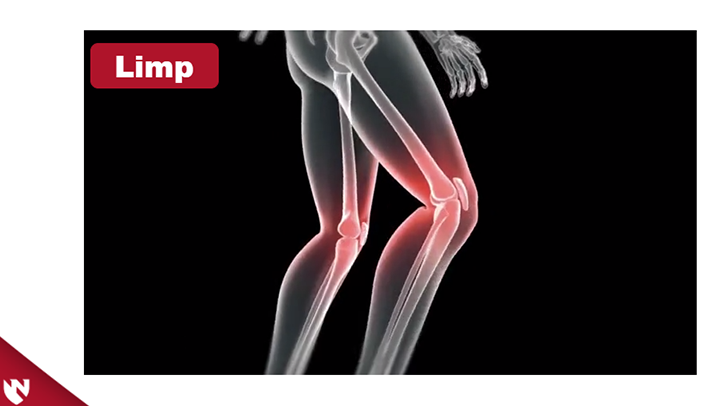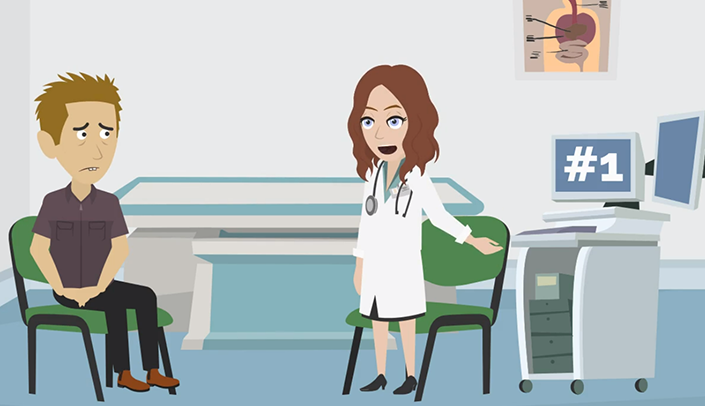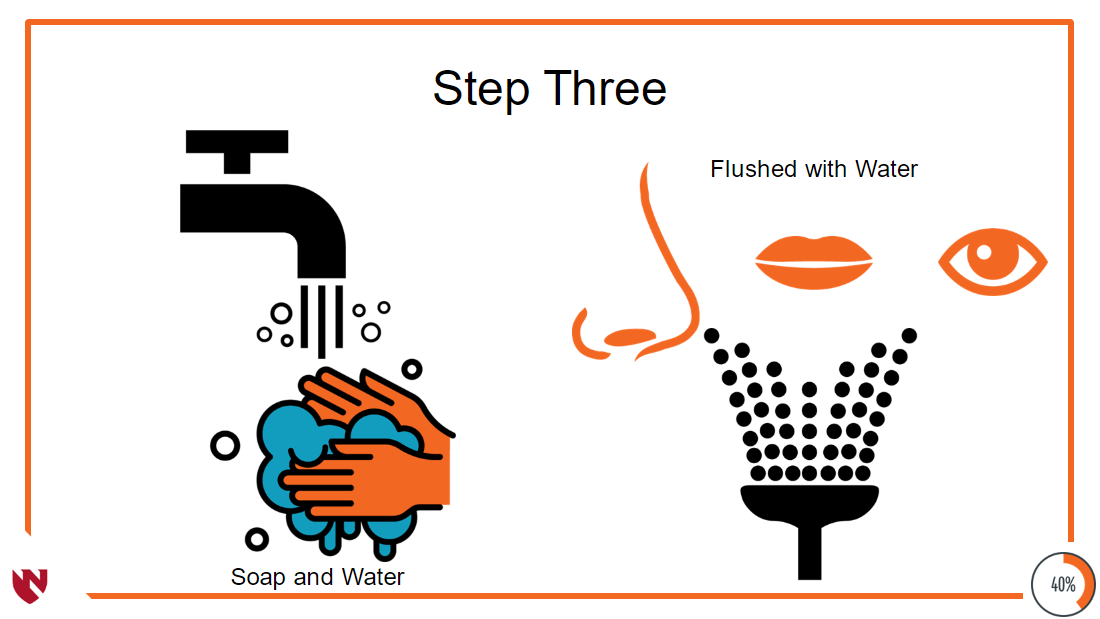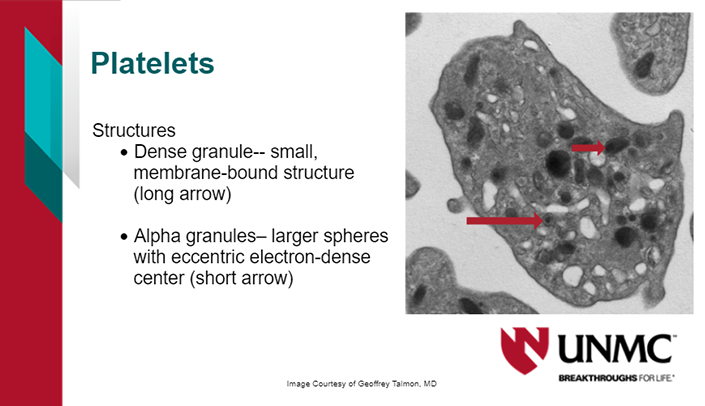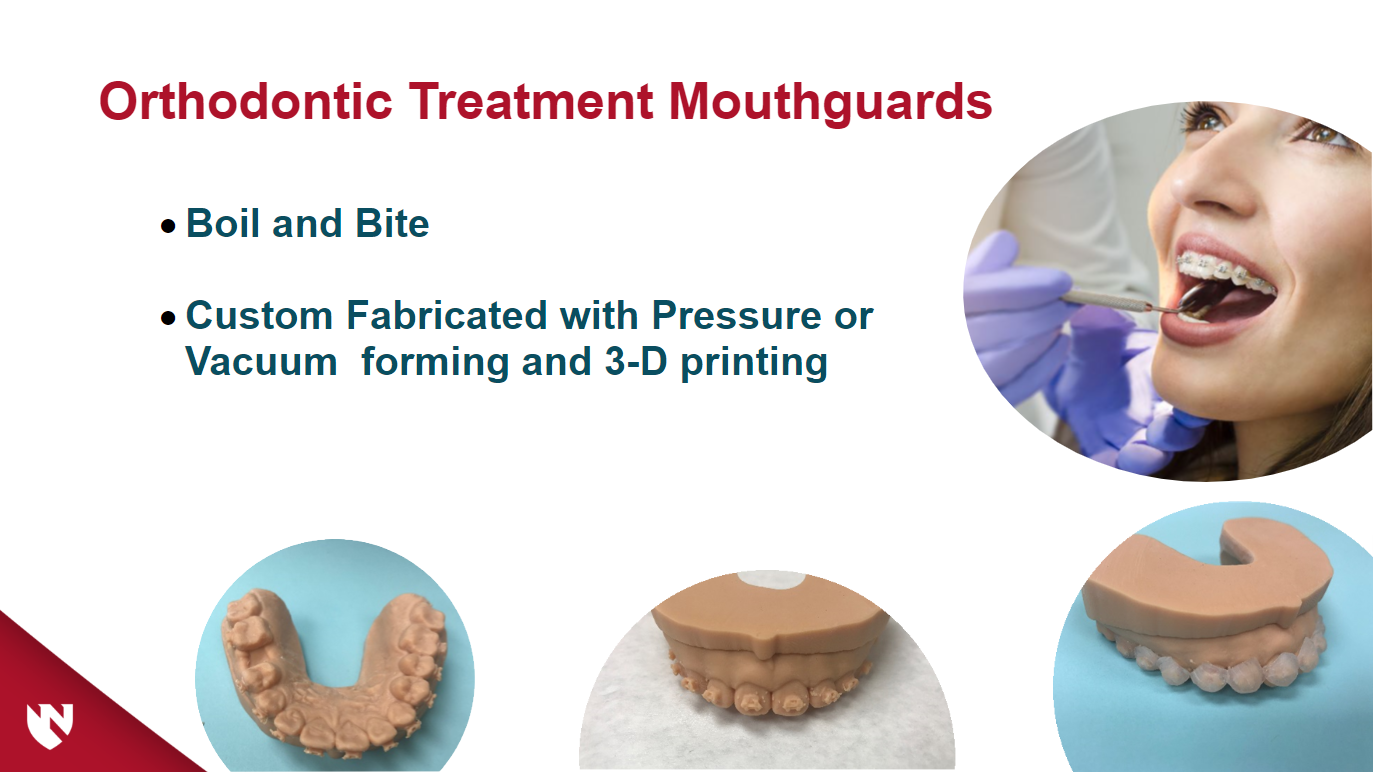New
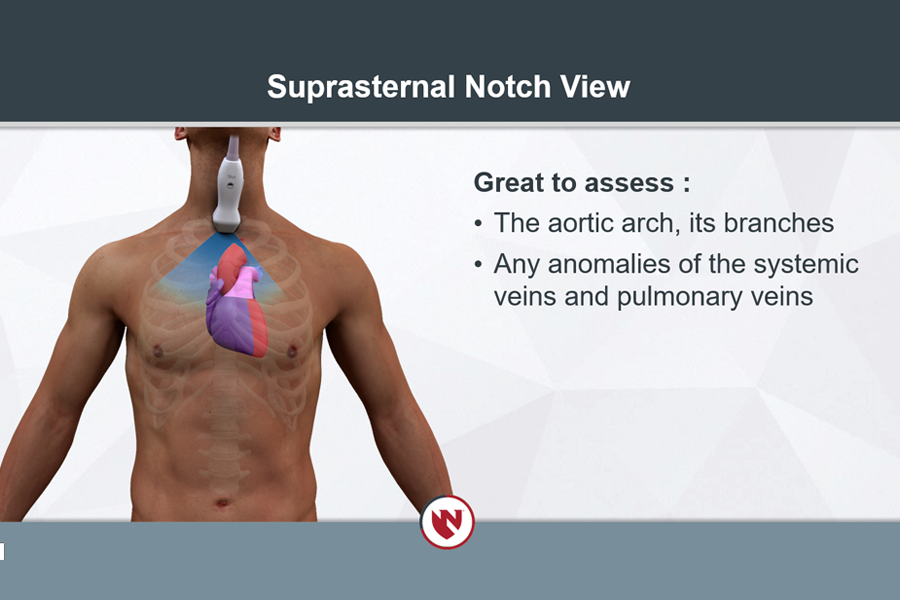 /10
/10
Cardiac Anatomy & Orientation of the 3D Heart Part 3
Did you know that the heart beats more than 100,000 times per day? How about that nearly 1 % of total births, or about 40,000 babies per year, will be born with some congenital heart defect? With ultrasound, we’ll be able to visualize this incredible organ and learn how to interpret those images. We will […]
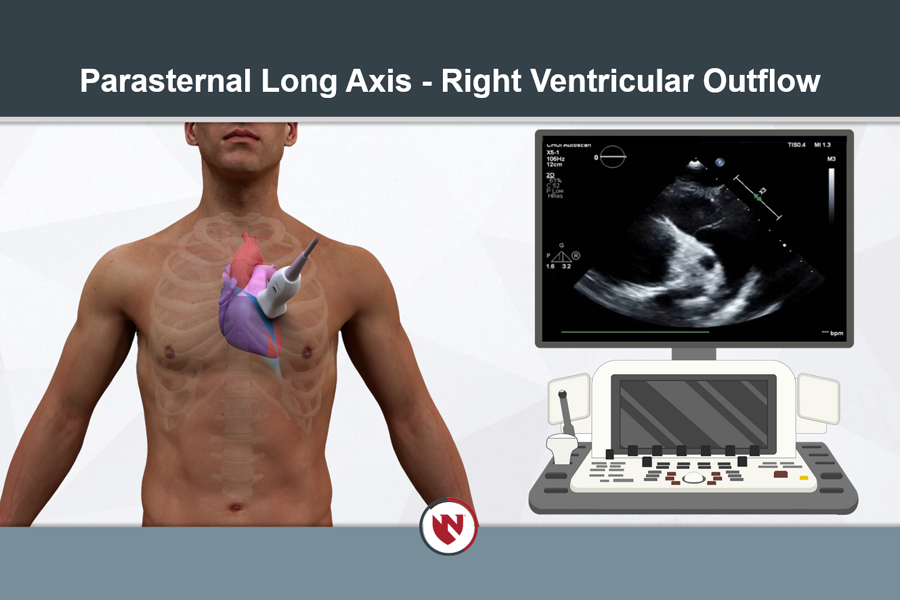 /10
/10
Cardiac Anatomy & Orientation of the 3D Heart Part 2
Did you know that the heart beats more than 100,000 times per day? How about that nearly 1 % of total births, or about 40,000 babies per year, will be born with some congenital heart defect? With ultrasound, we’ll be able to visualize this incredible organ and learn how to interpret those images. In this […]
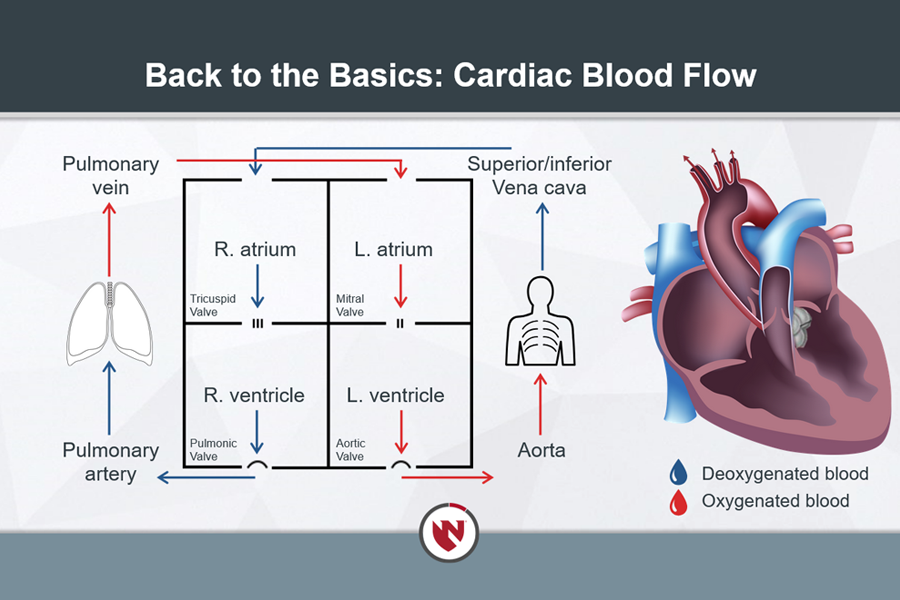 /10
/10
Cardiac Anatomy & Orientation of the 3D Heart Part 1
Did you know that the heart beats more than 100,000 times per day? How about that nearly 1% of total births, or about 40,000 babies per year, will be born with some congenital heart defect? With ultrasound, we’ll be able to visualize this incredible organ and learn how to interpret those images.
 /10
/10
The Neural Pathways of Opioid Use
This e-module describes the neural connections involved in opioid use disorders and explores key neurotransmitters and neuroanatomical regions affected by opioid use.
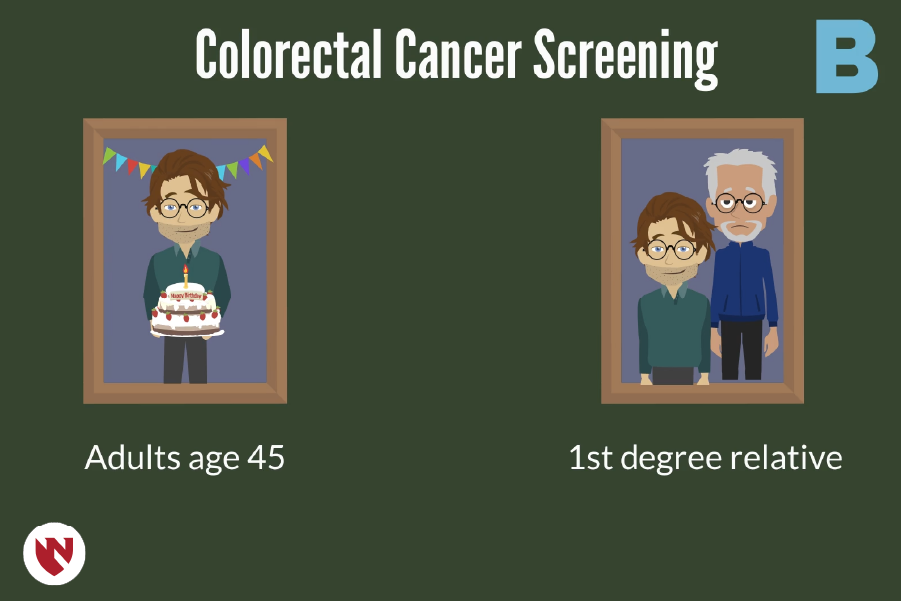 /10
/10
Preventative Care Guidelines in the Primary Care Setting
This module provides an overview of guidelines published by the United States Preventative Task Force (USPTF). These recommendations are designed to help medical providers understand and implement evidence-based screening practices in clinical settings. This module focuses on recommendations that Primary Care Providers encounter on a regular basis regarding screening for a variety of medical conditions […]
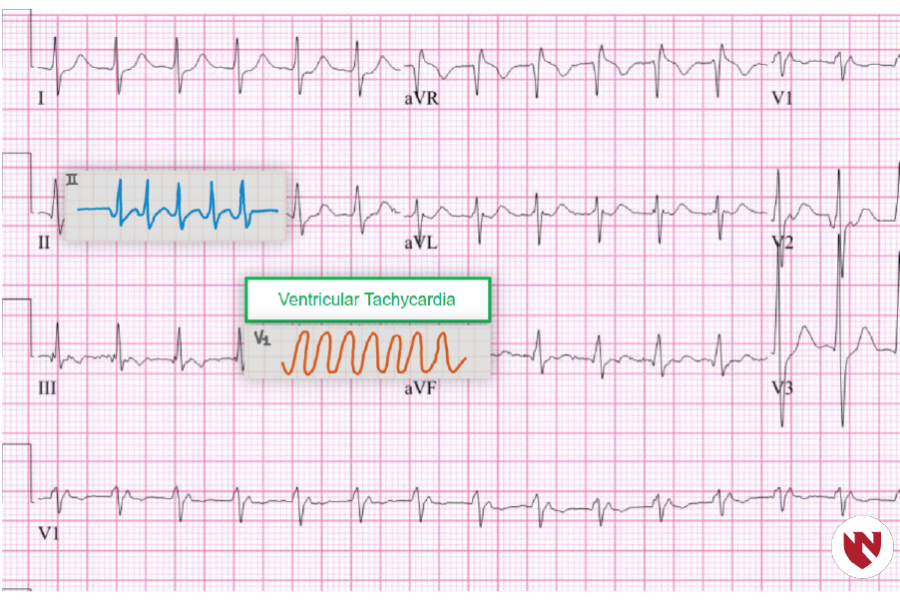 /10
/10
Mastering ECG Interpretation: A Systematic Approach to Arrhythmia Recognition (Part Two)
This interactive e-module provides a systematic approach to electrocardiogram (ECG) interpretation, helping learners develop quick recognition skills for identification of high-yield cardiac arrhythmias. This module was designed to supplement classroom learning for a variety of disciplines with applications in both educational spaces and clinical practice.
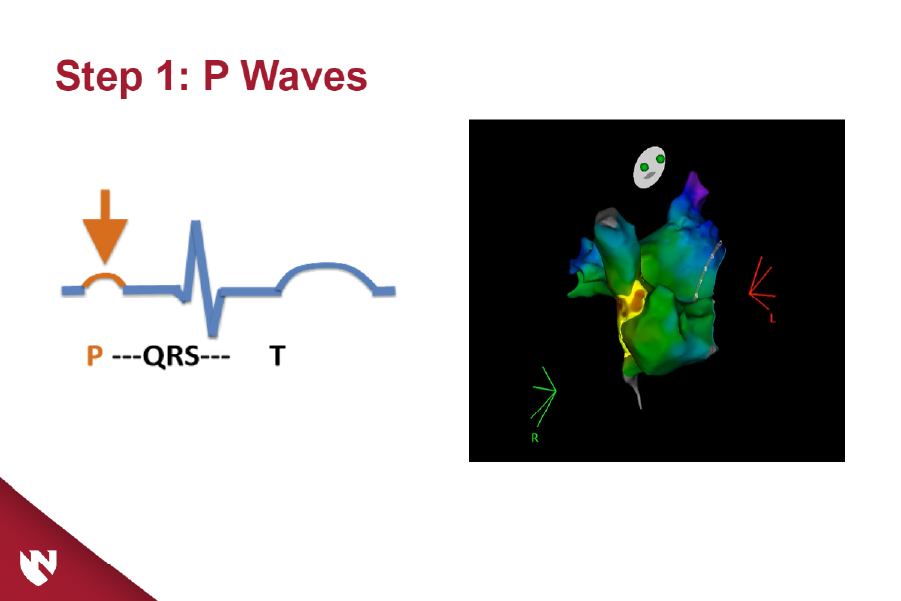 /10
/10
Mastering ECG Interpretation: A Systematic Approach to Arrhythmia Recognition (Part One)
Part 1 of 2. This interactive e-module provides a systematic approach to electrocardiogram (ECG) interpretation, helping learners develop quick recognition skills for identification of high-yield cardiac arrhythmias. This module was designed to supplement classroom learning for a variety of disciplines with applications in both educational spaces and clinical practice.
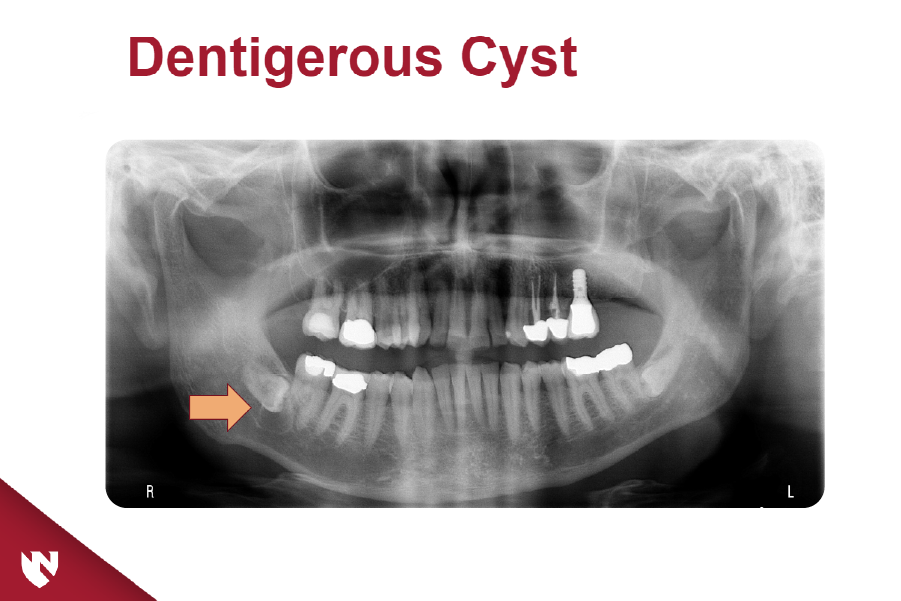 /10
/10
Differential Diagnosis of Radiolucent Pericoronal Lesions
This module provides a lesson on diagnosing different pericoronal radiolucent lesions based upon radiographic imaging. The focus is on the three most common; ameloblastoma, odontogenic keratocyst, and dentigerous cyst. Early radiographic detection of pericoronal lesions is important as doing so dramatically increases prognosis associated with the teeth involved.
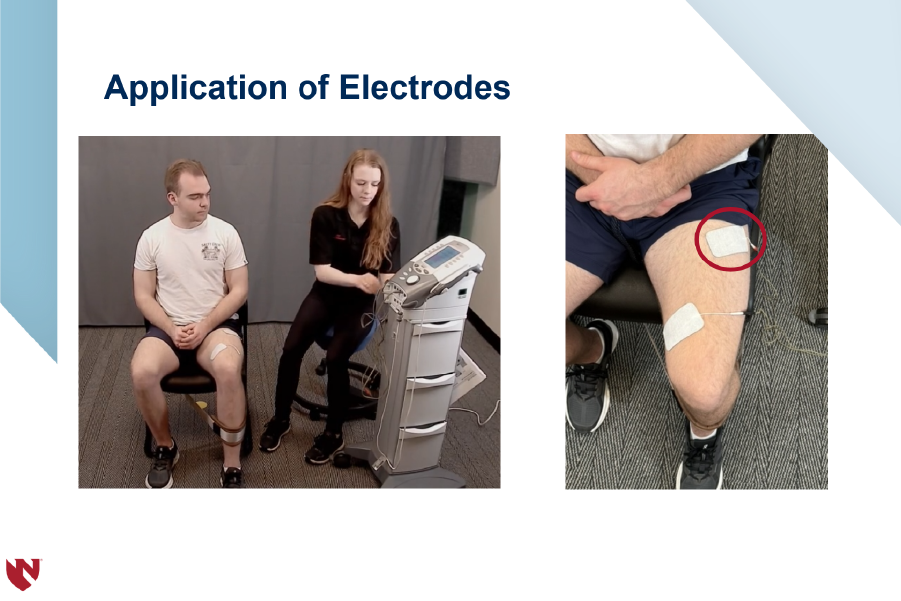 /10
/10
Electric Insights: Electrotherapy Procedures for PT & OT
Electric Insights: Electrotherapy Procedures for Physical and Occupational Therapists reviews electrotherapy, a biophysical agent used in physical rehabilitation settings for diverse patient needs. The module discusses electrotherapy terminology, parameters, contraindications, precautions, and the safe and appropriate application. A video demonstrates the safe and effective application of electrical stimulation to produce a contraction of the quadriceps […]
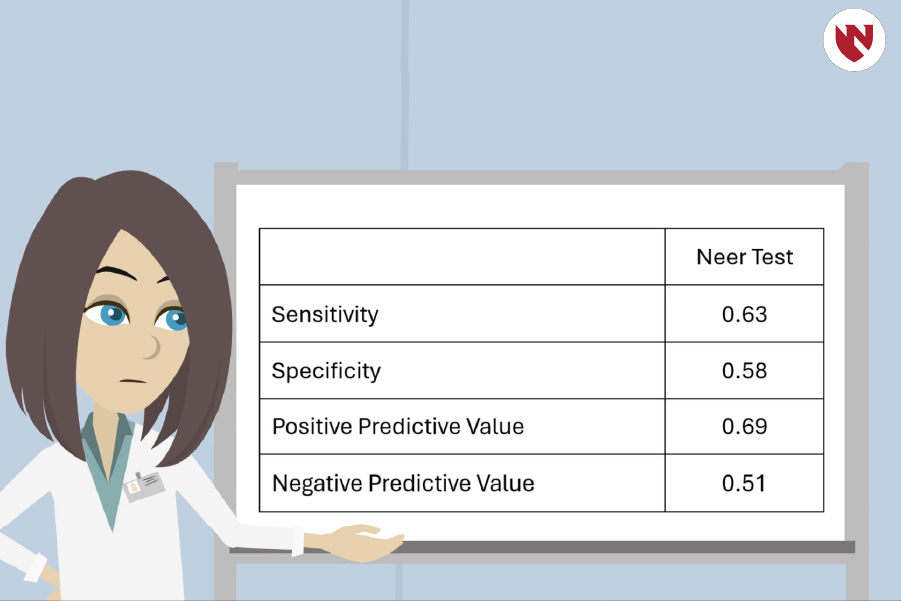 /10
/10
Are You Positive This Result Is Positive?
This e-learning module introduces key psychometric properties of diagnostic and prognostic tests, such as sensitivity, specificity, positive predictive value, and negative predictive value. Through interactive features and a patient case example, learners will develop equations, calculate values, and interpret results, enhancing their ability to select and interpret the best tests for patient care. This module […]

